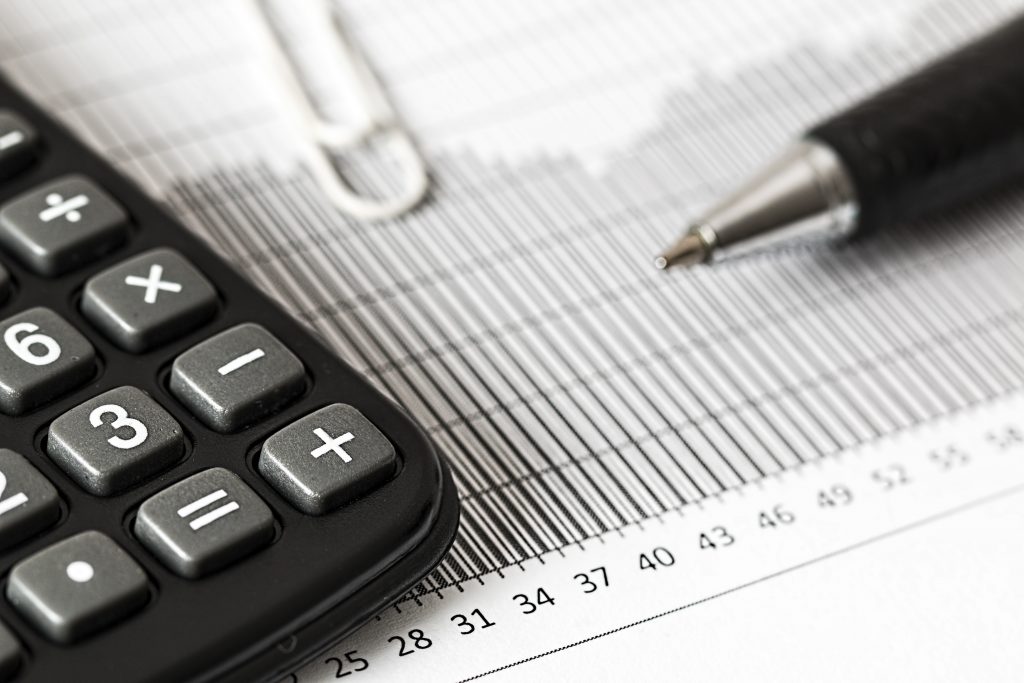A financial controller oversees and manages the finances and accounting of the company.
This responsibility overlaps with almost every aspect of the operation of the company.
Below, you will find a comprehensive guide to the job of a financial controller.
We will explore the responsibilities, skills, and qualifications needed.
Also, we will talk about the job prospects and the advancement opportunities the controllers have.
Article Table of Contents
What Does a Controller Do
Financial controllers are responsible for all accounting and financial operations of the company.
There are various terms to the job of a financial controller.
While the management of all the finances of the company is the responsibility of a controller, their jurisdictions are defined differently in every company.
Since the financial operations are a vast part of all the company’s decisions, the responsibility for their management is determined by the size of the company and the way of its organization.
Naturally, in smaller companies, financial controllers manage a larger scale of financial operations.
In small businesses, they are usually in charge of all budgeting, reporting, and financial decisions.
In large companies, on the other hand, controllers usually specialize in a limited scope of tasks.
Responsibilities
- Establish and maintain accounting procedures and policies for the corporation.
- Monitor all accounting operations performed by the company.
- Prepare budgets, planning, and forecasts.
- Perform regulatory filing and reporting ensuring the company’s compliance.
- Prepare and present monthly financial statements.
- Financial management, including risk management.
- Establish control policies inside the company.
- Keep accurate records of all transactions.
- Cooperate with other departments and obtain the results of their analysis of the financial and accounting data of the company.
- Recommend the company’s policies based on the analysis to ensure the company’s goals correspond with the financial plans.
- Cooperate with external companies such as credit card companies, collection agencies, government agencies, etc.
- Coordinate and supervise the staff of the accounting and finance departments and human resources.
- Track financial and accounting operations in subsidiaries, ensuring that they meet the control and reporting systems.
Essential Skills
Attention to detail:
Controllers should be well aware of all the company’s operations.
They should be able to identify problems as they arise or other irregularities.
Problem-solving and analytical:
Controllers should make sense of financial and accounting irregularities and correct them.
They should logically reason through the problems as they find solutions.
Communication and presentation:
Controllers need excellent communication skills.
Often, they need to discuss the complex subjects, like the finance of the company, with those who don’t have the necessary background to understand the details.
Numerical and technical proficiency:
Controllers need to make sense of the accounting and financial numbers.
They should understand all the standard methods of analysis and how to use them.
They should be able to read and analyze the latest and relevant information on governmental regulations and technical procedures.
Software knowledge:
Controllers need to know how to use standard financial analysis software as well as general software that businesses and corporations use, such as Excel.
Leadership and management:
Controllers need the ability to delegate work to subordinates and aggregate their results.
They need excellent management and leadership skills.
How to Become a Financial Controller
Controllers have a lot of responsibility and should be highly trustworthy.
To obtain this position, you need years of experience.
If you wish to start a career as a controller, you can start in an entry-level position in auditing or accounting.
If you demonstrate excellent performance, you can move up the ranks to higher positions with more responsibility.
Eventually, you can move up the career ladder and become a financial controller.
Technically, the position of the controller doesn’t require a specific degree.
However, almost all employers want their controllers to have a Bachelor’s degree.
A Master’s degree is also very much preferred.
The candidates for the controller job need a strong background in accounting and financial management, and extended experience for a minimum of five years.
They should also have the technical expertise and be apt in management roles.
Candidates can also become Certified Public Accountants (CPAs).
This certification requires certain educational requirements.
To meet them, you may have to pursue a Master’s degree.
Training and Qualifications
A controller needs an advanced degree in accounting, preferably the one that will allow them to become a Certified Public Accountant, Chartered Financial Analyst, and/or a Certified Management Accountant.
They should know how to use accounting software and other relevant programs.
Experience
You need at least five years of experience in managing accounting and financial operations.
You also need to become an expert in accounting principles and procedures.
Controllers need to have experience in management and creating financial statements, as well as have proven administrative skills.
Working Hours
Controllers have a standard schedule that includes 8 hours a day and 40 hours a week.
However, depending on the company, the hours may vary.
Some companies expect more from their controllers, therefore, they may have to work longer hours.
Career Outlook
Controllers’ median salary is $185,321.
The employment rate should stay the same as for other occupations in the US, which is 7%.
This position, though, is highly competitive.
Controllers can advance to higher positions within the company.
They can get to positions in upper management such as a CFO.
Conclusion
Controllers are responsible for the accounting operations of the company as well as its financial health.
They have a broad range of responsibilities that typically depend on the size of the company and its structure.
They should have expertise in financial and accounting procedures and have outstanding management skills.
Controllers are responsible for the establishment of corporate accounting policies and procedures.
They should also ensure that the standards are met both by subsidiaries and the company itself.
They also ensure that the company meets all the legal regulations.
Controllers need many years of experience in finance, accounting, and management.
There are also great advancement opportunities in the field.

